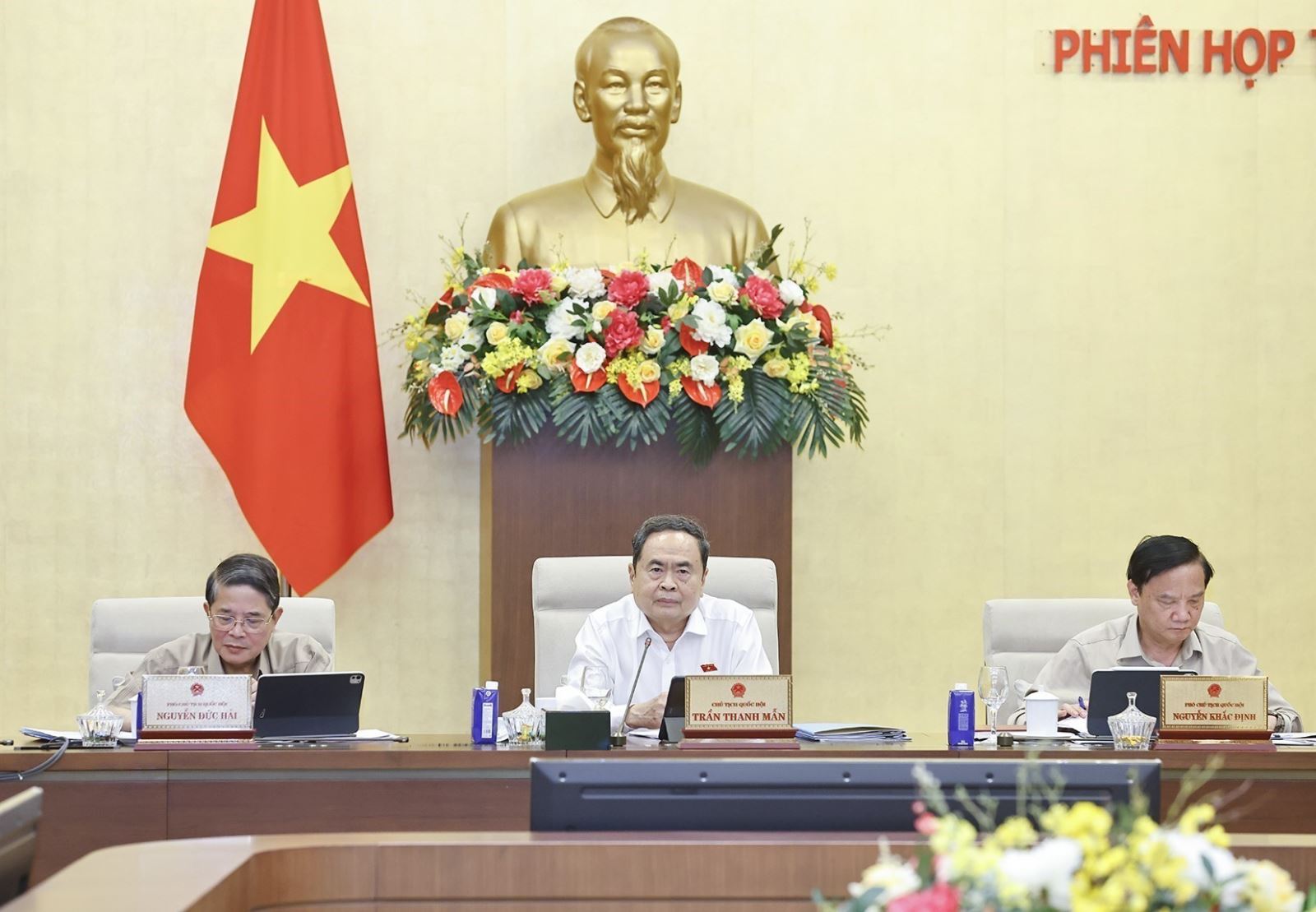
Examining the draft law, the Standing Committee of the Science , Technology and Environment (KH,CN&MT) agreed with the need to comprehensively amend the Construction Law for the reasons stated in the Government's Submission No. 863/TTr-CP. The Standing Committee of the Science, Technology and Environment (KH,CN&MT) found that the draft law dossier basically meets the requirements prescribed in the Law on Promulgation of Legal Documents for draft law dossiers submitted under the simplified procedure. However, in order for National Assembly deputies to have a basis for consideration and approval, it is necessary to continue to improve it to be consistent with the laws being amended and to ensure feasibility when implementing.
Regarding the institutionalization of the Party's guidelines and policies and the State's policies, the Standing Committee of the Science, Technology and Environment Committee said that the draft Law has been developed according to a new orientation on innovation in thinking in law-making, with the spirit of "framework law", assigning the Government to specify details of frequently changing contents. However, the Standing Committee of the Science, Technology and Environment Committee requested the drafting agency to continue to review and evaluate more carefully the level of institutionalization of a number of the Party's orientations, especially on the development of a sustainable urban system, improving labor productivity in the construction industry and the mechanism for mobilizing social resources in investment in the construction of technical and social infrastructure.
At the same time, closely follow the guidelines and orientations in the four pillar Resolutions and review to ensure that the draft Law and accompanying documents comply with Regulation 178-QD/TW dated June 27, 2024 of the Politburo on controlling power, preventing corruption and negativity in law-making work; review the draft Law to ensure that the Law only regulates contents under the authority of the National Assembly, not "legislating" the provisions of the Resolution on specific mechanisms or Decrees and Circulars in the construction field. If any, it is necessary to carefully assess the impact and the really necessary contents, ensuring feasibility and the right authority of the National Assembly.
Regarding the constitutionality, legality, consistency of the draft Law with the legal system and compatibility with international treaties, the Standing Committee of the Science, Technology and Environment Committee said that the contents of the draft Law are basically consistent with the provisions of the 2013 Constitution; compatible with relevant international treaties to which the Socialist Republic of Vietnam is a member. However, it is necessary to continue reviewing and comparing the provisions of the draft Law with relevant laws to ensure the consistency and consistency of the legal system, especially the laws being considered, amended, supplemented or passed at the 10th Session of the 15th National Assembly.
Regarding the feasibility of the draft Law, the Standing Committee of the Science, Technology and Environment Committee said that the draft Law is built in the direction of a framework law, a principle law, regulating fundamental issues, long-term stability, and assigning the Government and ministries and branches to provide detailed guidance to ensure flexibility and suitability to practice. In general, the provisions in the draft are feasible. However, assigning many agencies to provide detailed regulations may lead to overlaps and conflicts between sub-law documents (on land, investment, construction, telecommunications, technical infrastructure, appraisal authority, licensing, construction quality management, etc.), especially in the context of perfecting the current two-level government model. Therefore, it is recommended to continue reviewing and perfecting the draft Law and guiding documents to ensure feasibility.
Speaking at the discussion session, National Assembly Chairman Tran Thanh Man said that the National Assembly only promulgates a "framework law" based on legislation, technical and specific issues will be reflected in Decrees and Circulars; how to ensure that the major policies of the law must be reflected in the law; need to pay attention to flexibility and adaptability through decrees; technical standards, specific decentralization, and decentralization to local authorities...
“The revised Construction Law must improve the investment environment, reduce overlaps and be consistent with current laws such as the Law on Public Investment, PPP, investment attraction, create strong legal opportunities for decentralization and strong delegation of power to localities; reduce sub-law documents, avoid conflicts between ministries and branches. There must be a strict monitoring mechanism to ensure the Construction Law is applied in life. Connect the construction industry with other industries, reduce administrative procedures for people when applying for construction permits...”, the National Assembly Chairman expressed his opinion.
The National Assembly Chairman also pointed out that the management of construction investment has not met the requirements, such as fire prevention and fighting, construction design appraisal... there is no supervision and control of construction investors. The quality of appraisal, inspection, supervision... is implemented according to the post-audit plan. Research clear post-audit regulations, publicize information to ensure the rights of the people; clarify the role of the licensing authority, the license is not a barrier causing trouble for the people.
Speaking at the meeting, Deputy Prime Minister Tran Hong Ha also agreed with the opinions of the National Assembly Standing Committee, that the amendment of the Construction Law must ensure consistency, unity, and connectivity between specialized laws such as the Law on Rural Urban Areas...
Deputy Prime Minister Tran Hong Ha said that simplifying administrative procedures is to minimize the paperwork for construction permits, but must ensure the quality of construction works, especially fire prevention and fighting, earthquake prevention... The examination and licensing of key projects must be strictly managed to ensure the quality of construction works...
Regarding specific issues such as construction permits (from Article 43 to Article 46, Chapter III), there are opinions that permits are not "barriers" but tools to protect rights and social order, the problem lies in the quality and licensing process. Therefore, it is necessary to simplify the process, clearly define responsibilities, processing time limits and publicize information for people and businesses to monitor. In addition, exemption from construction permits helps reduce procedures but it is necessary to perfect legal regulations in the Construction Law or Land Law to ensure property ownership rights on land. In addition, it is necessary to supplement a mechanism to handle violations for licensed works but construction is not according to design, changes in function or violates regulations, ensuring consistency and clarity of responsibilities among relevant parties.
Regarding construction works (from Article 47 to Article 71, Chapter IV), there are opinions that, according to international practice, the Construction Law should only regulate three main entities: investors, design contractors, general consultants and construction contractors. Therefore, it is necessary to reduce the number of types of contractors and consulting organizations in the draft, remove detailed regulations on rights and obligations, only keep general principles and assign specific regulations to the contract to ensure flexibility and suitability to practice.
Regarding quality management, acceptance and handover of construction works: There are suggestions to supplement regulations on principles in construction quality management in the direction of "doing well from the beginning", shifting the focus from inspection - detection to prevention - quality control throughout the survey, design, construction and maintenance process. At the same time, it is necessary to clearly stipulate "the person causing the error must compensate", only criminally prosecute intentional and fraudulent acts to distinguish between technical and criminal violations. This approach helps to improve professional responsibility, ensure quality, safety and transparency in construction investment.
Regarding the transitional provisions (Article 95), there are opinions that the draft Law does not clearly stipulate the enforcement effect and transitional handling of projects, licenses, and contracts according to the guiding documents of the 2014 Construction Law (amended in 2020). To avoid legal gaps and ensure stability, it is proposed to add a transitional provision, clearly defining the effect of documents and procedures issued before the new Law takes effect.
The agency in charge of the review has carried out the review work in accordance with the Party's regulations and the State's laws. The review report clearly shows the viewpoint of the agency in charge of the review on issues within the review content stipulated in the Law on Promulgation of Legal Documents and Regulation No. 178-QD/TW dated June 27, 2024 of the Politburo; it fully reflects the opinions of members of the agency in charge of the review, the opinions of the agencies participating in the review and the opinions of relevant agencies on the content of the draft law.
According to Conclusion No. 119-KL/TW dated January 20, 2025 of the Politburo on the orientation of innovation and improvement of the law-making process, "The Government and the agencies submitting the draft Law are ultimately responsible for the draft Law submitted by their agencies". The drafting agency is fully responsible for researching, absorbing, fully revising, thoroughly explaining, convincingly and promptly the opinions in the appraisal report and the attached Appendices in accordance with the provisions of law; perfecting the draft Law, ensuring sufficient conditions in accordance with the provisions of the Party and the laws of the State, and submitting it to the National Assembly Standing Committee for consideration and comments.
Source: https://baotintuc.vn/thoi-su/can-nghien-cuu-quan-ly-chat-thai-xay-dung-va-vat-lieu-xay-dung-than-thien-voi-moi-truong-20251016160331386.htm



![[Photo] General Secretary To Lam attends the 18th Hanoi Party Congress, term 2025-2030](https://vphoto.vietnam.vn/thumb/1200x675/vietnam/resource/IMAGE/2025/10/16/1760581023342_cover-0367-jpg.webp)



![[Photo] Nhan Dan Newspaper launches “Fatherland in the Heart: The Concert Film”](https://vphoto.vietnam.vn/thumb/1200x675/vietnam/resource/IMAGE/2025/10/16/1760622132545_thiet-ke-chua-co-ten-36-png.webp)
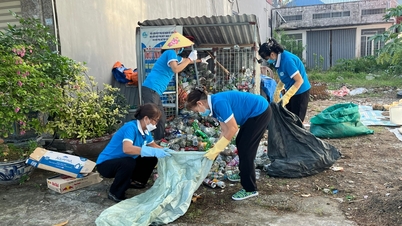

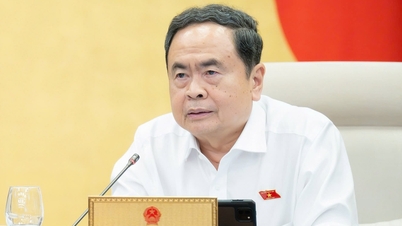

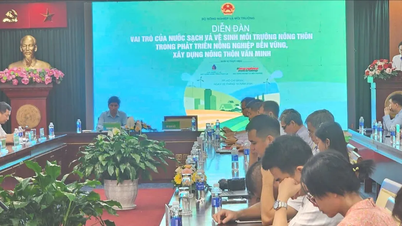

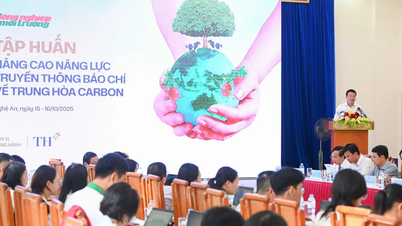
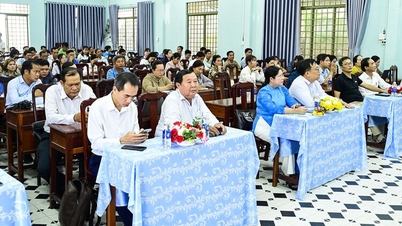

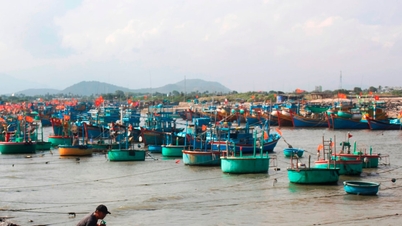

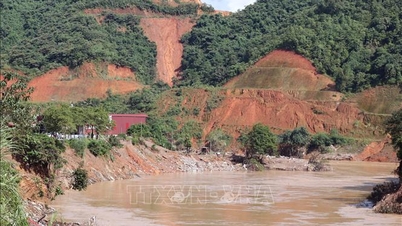
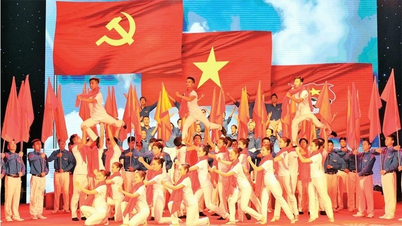

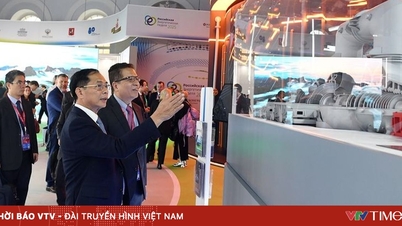

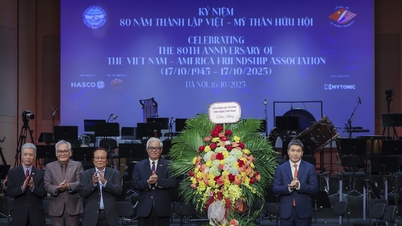

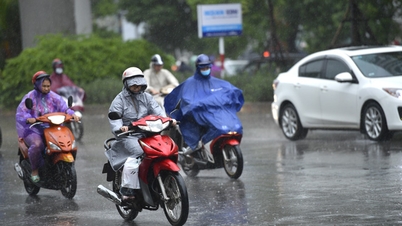
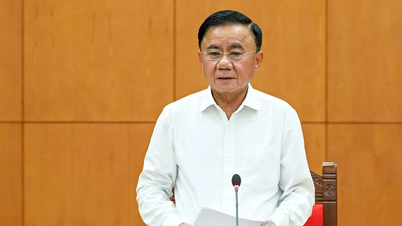




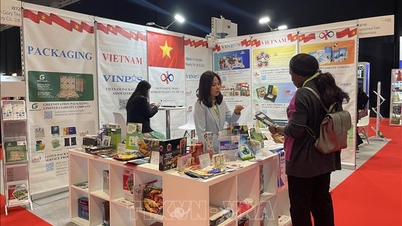

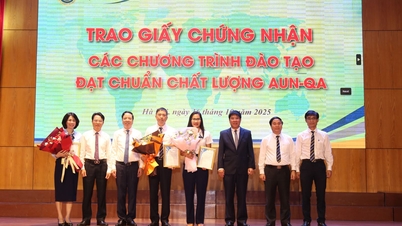
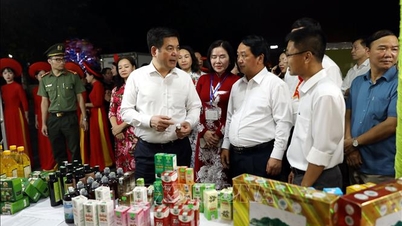
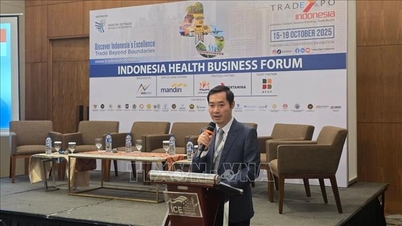
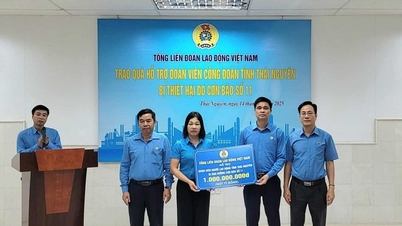






![[Video] TripAdvisor honors many famous attractions of Ninh Binh](https://vphoto.vietnam.vn/thumb/402x226/vietnam/resource/IMAGE/2025/10/16/1760574721908_vinh-danh-ninh-binh-7368-jpg.webp)





























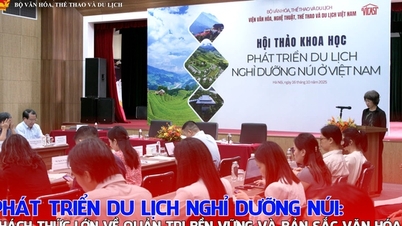
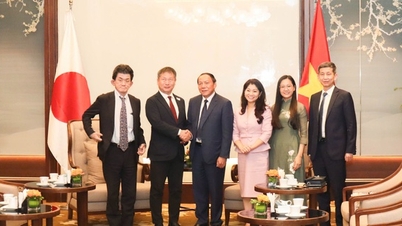
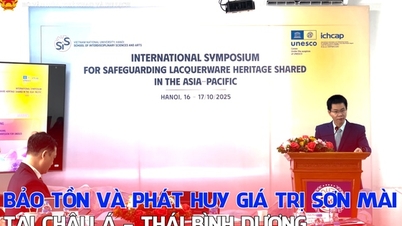
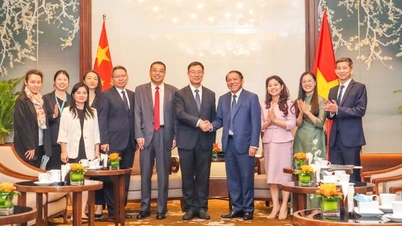
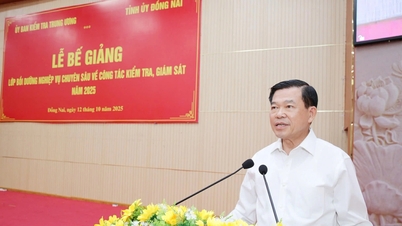

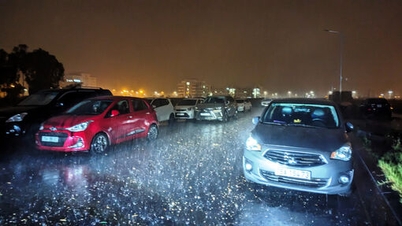

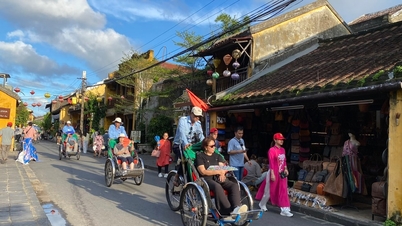

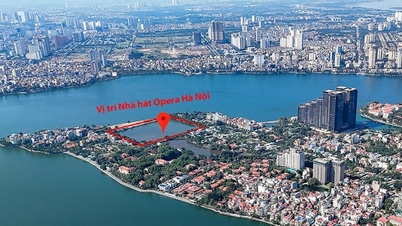

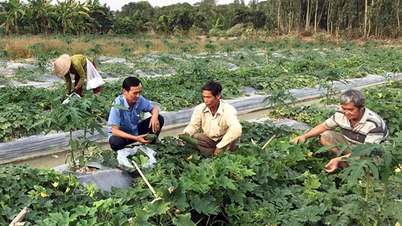



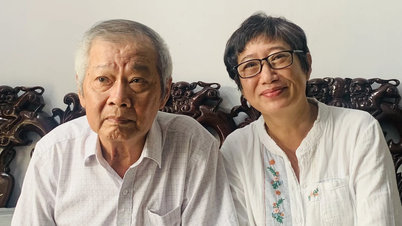

















Comment (0)